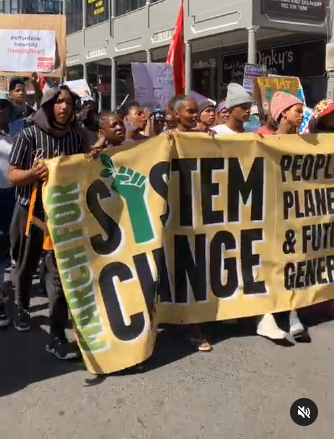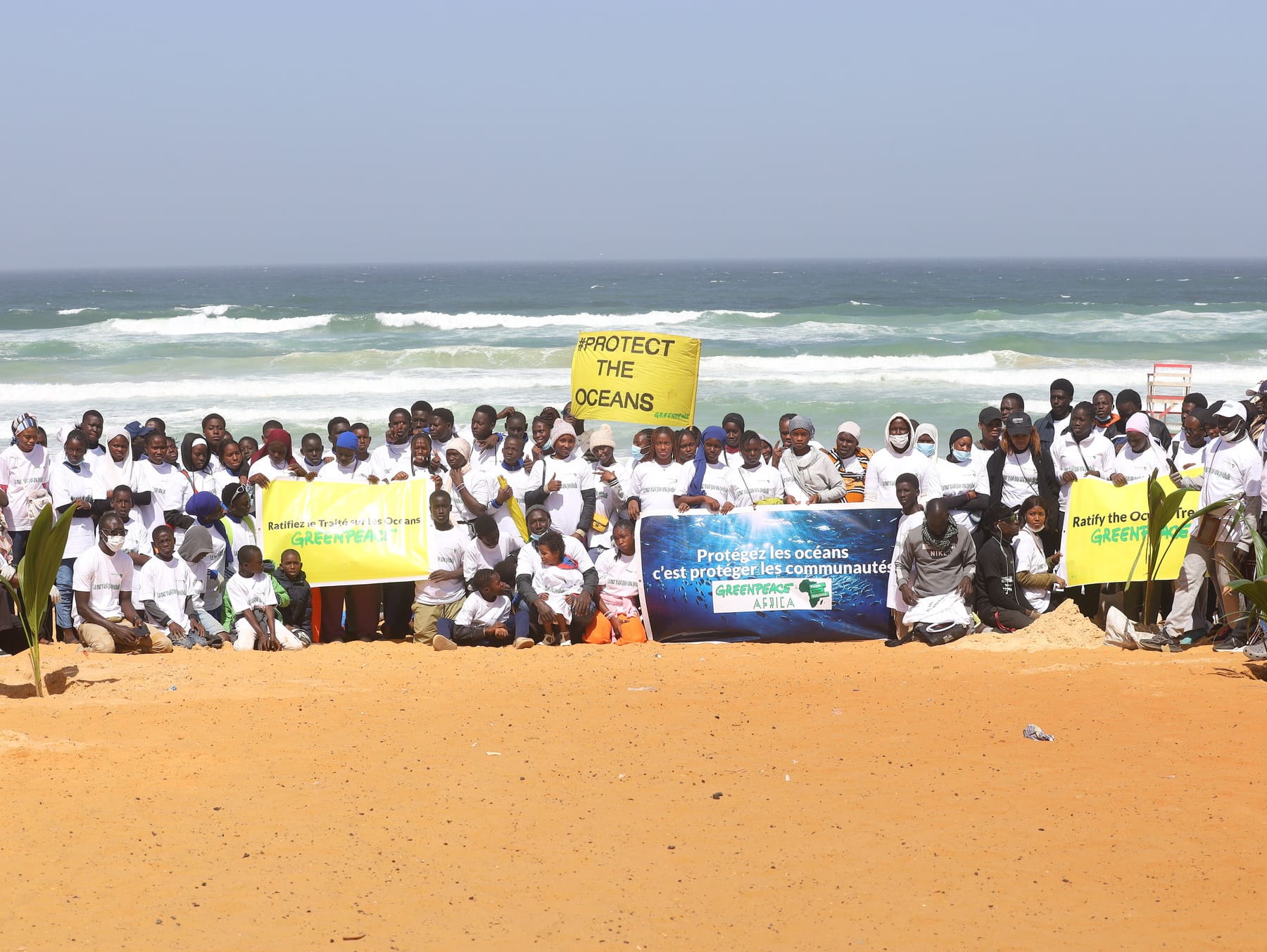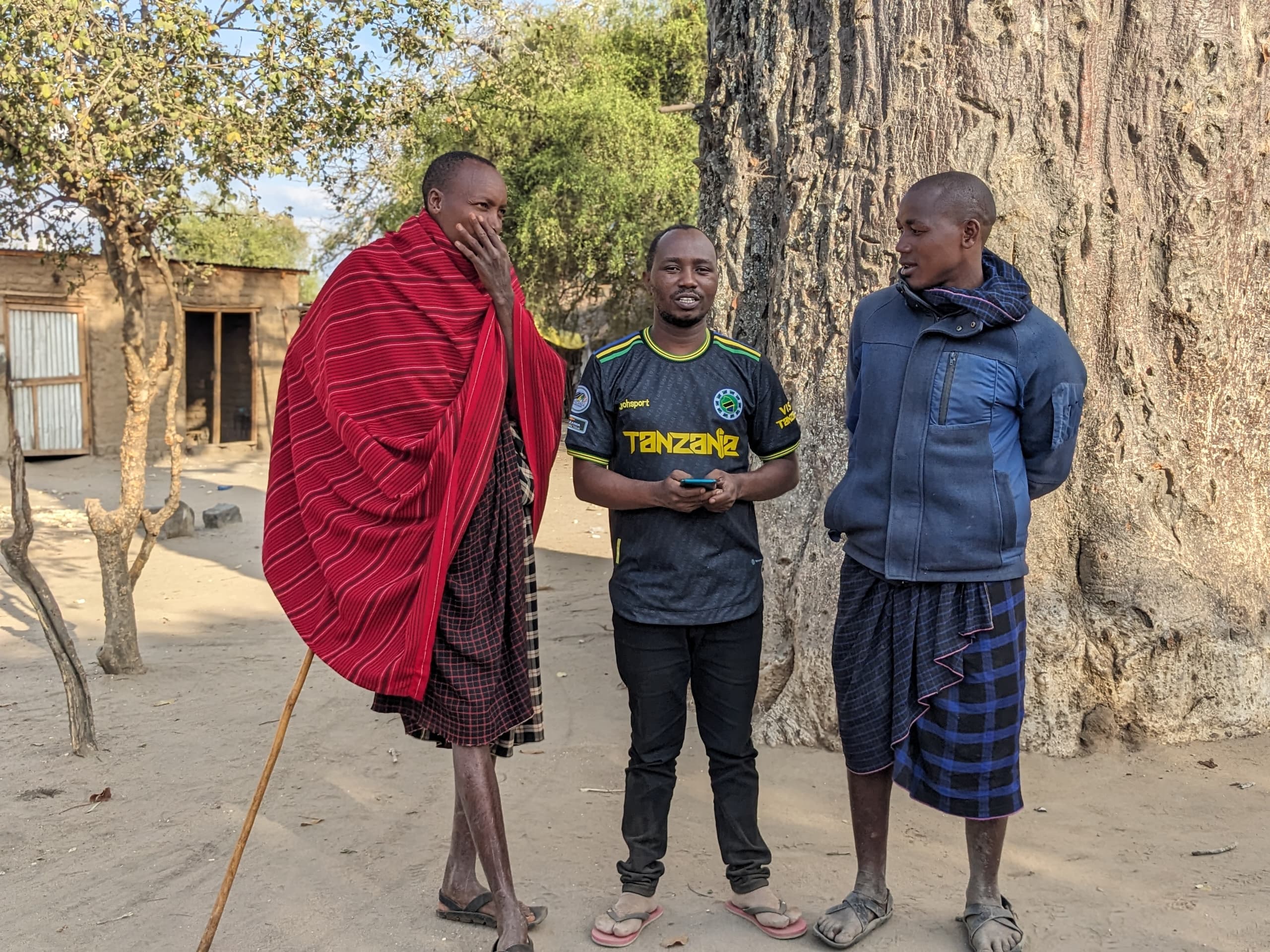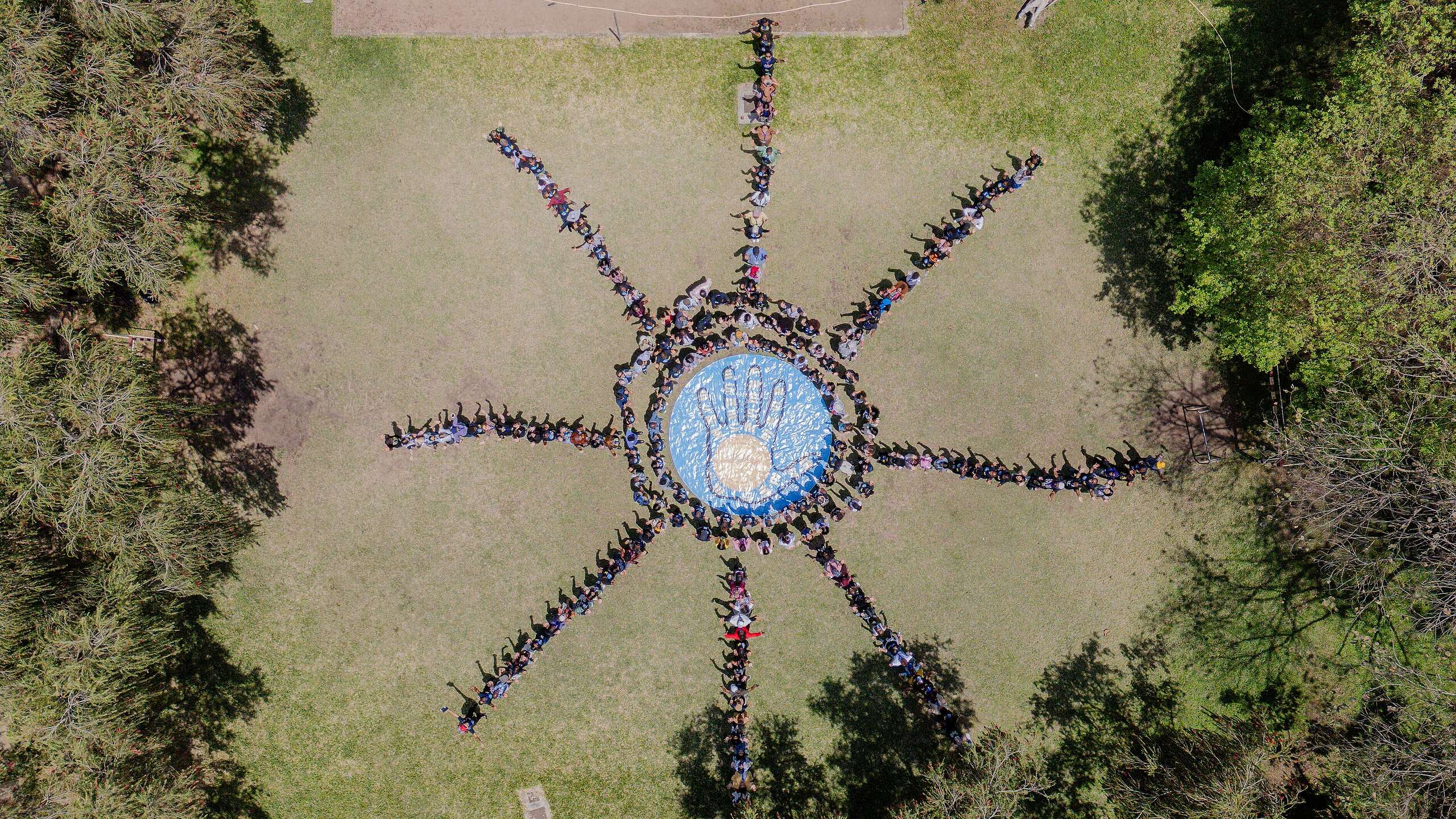Cape Town: March to Parliament brings together broad coalition of grassroots civil society groups to demand socio-environmental justice
Photos by Xiaokang Xue
‘Sicela uxolo nothando’ (we ask for peace and love), was the cry that rose from hundreds of protesters at the March for Systems Change to Parliament in Cape Town on March 21st. In a protest symbolic of South Africa’s 30th celebration of Human Rights Day since 1994, a broad coalition of grassroots activist movements, led by African Climate Alliance, marched to Parliament to demand that the Government facilitate a fundamental systems change for human rights: spatial, social, and climate justice.
Against the backdrop of South Africa’s legislature, protesters emphasised the need for energy, food, water, gender, and spatial justice to facilitate these changes. Through song, dance, and speech, activists demanded that the Government abandon fossil fuel investment for renewable alternatives, to reduce energy poverty and pollution. Simultaneously, the protest called for equal access to water, the promotion of food sovereignty, anti-food waste policies, and affordable, sustainable, housing solutions that acknowledge spatial and environmental injustices.

Speaking to Antonio Van de Berg and Ismaal Laska, temporary residents of abandoned property in the CBD, the links between the demands of climate, spatial, and social justice activists at the march were clear: “We are here to make it different. To make money different, water different, work different, houses different, food different. Where we live we don’t have power, fresh water, or toilets. We are here to make the city different”.
Antonio and Ismaal’s lived experiences speak to the broader problem across South Africa, as more than 3 million South Africans lack access to clean water, and 14 million South Africans lack access to safe sanitation. Many studies point to the negative impact of the triple planetary crisis on fresh water and food systems, and in the current environmental landscape, these statistics are only likely to get worse unless serious action is taken. The intersectional nature of these problems were further highlighted at the march when local NGO Feed the Future spoke to the importance of supporting local food systems and regenerative and urban agriculture to support more sustainable food production methods.
Jackie Tooke from Extinction Rebellion Cape Town summarised this viewpoint succinctly: “We urgently call on our government to tell the truth about climate change – that it is a ‘threat multiplier’. This means that all our existing problems – poverty, inequality, food insecurity, unemployment, secure housing, gender-based violence – are all going to become worse. Not only is climate change causing more extreme weather more often: storms, floods, wildfires, droughts, and heatwaves; but it is threatening the very [environmental] systems that support our ability to live: food security, water access, and breathable air.”
As the warnings of experts as to the human and environmental impacts of climate change become ever more prescient, it is vital that the words of activists at the forefront of the impact of climate change are heeded, and that we all heed the call to inspire a more environmentally and socially just society. Join the movement that calls on governments to support systemic change by supporting organisations made up of activists on the frontlines of these issues: @unitebehind @africanclimatealliance @the_green_connection1 @extinctionrebellionsa.



